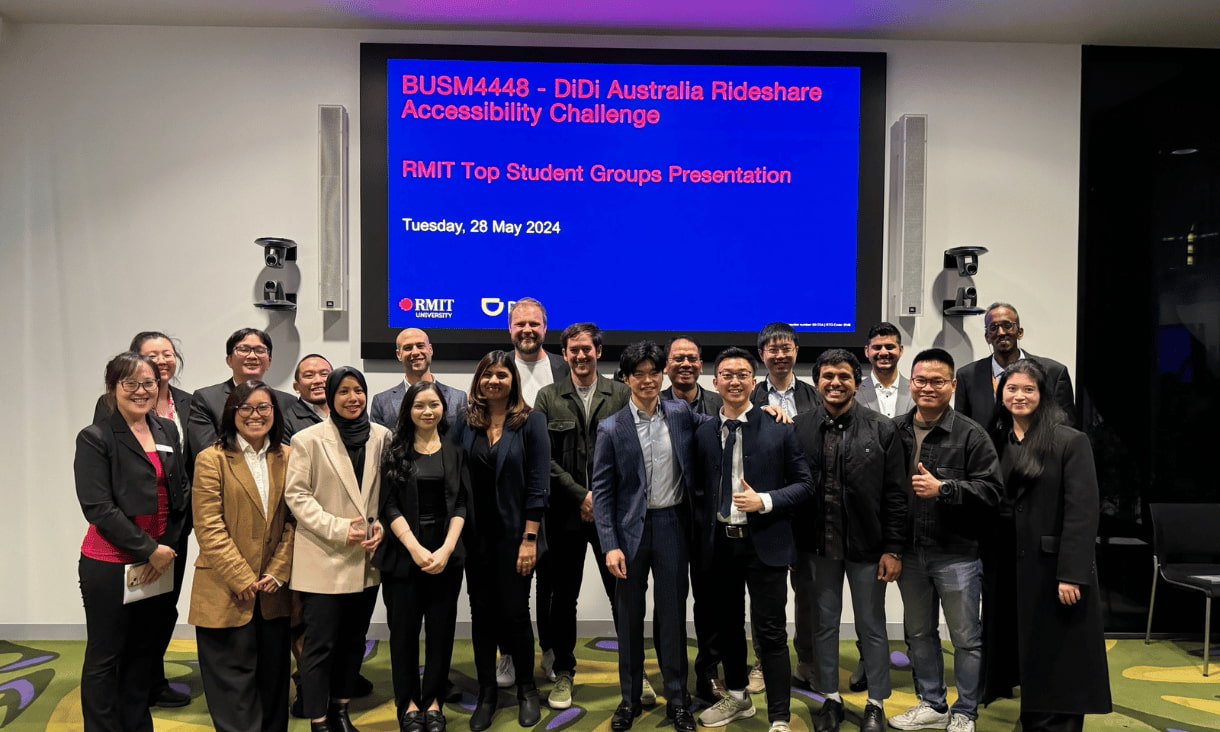“Because the ‘manage–and-discipline' model does not respond to the cause of student behaviour, its efficacy is poor, demotivating for teachers and can also lead to teacher drop out.”
He argued the model needed to be replaced with one that provided positive behavioural supports for students with disability who were perceived to be creating behavioural difficulties.
Another key area was turning to evidence-based strategies.
“As behaviour is often a symptom of psychological distress or mental health difficulties, all future teachers should gain knowledge of how to notice behaviours that indicate mental health difficulties and understand principles for best practice approaches.
Suspension and exclusion
He argued schools should end the use of suspensions, exclusions and expulsions of children, especially those with disabilities.
“Suspension should only be considered in exceptional cases such as where the child’s safety or that of their peers is endangered,” he said.
“If adopted, they should only be a pause to establish what happened and a plan of action and should be for a maximum of two working days.
He said concerns about behaviour should not be used as a pretext by a professional for recommending that children attend special schools or specialist settings.
Greater oversight of how schools use disciplinary measures by governments in the states and territories was also needed.
“This should be accompanied by greater support for transforming professional learning about behaviour as part of wider change in school cultures,” he said.
Armstrong recommended establishing a national registry of exclusions, with standardised terms of use such as ‘exclusion’ as opposed to ‘expulsion’.
“Only by addressing the wicked problem of behaviour in our schools, will we ensue a modern, effective and inclusive education system that serves the needs of all children,” he said.
The Disability Royal Commission is due to hand down its report in 2022.
Story: Diana Robertson






